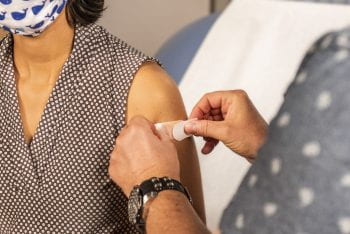Abstract Objectives To explore the associations between vaccine hesitancy and demographic and socio-economic characteristics, as well as perspective towards the COVID-19 and its vaccines. Methods Data were collected through four online surveys on Israel’s representative sample in March (3/2 to 3/7, n = 1517), August (8/10–8/11, n = 925; 8/18–8/22, n = 1054), and September (9/22-9/24; n=1406), 2021. We employ a […]
Public perceptions and the willingness to get vaccinated against COVID-19: Lessons from Israel
